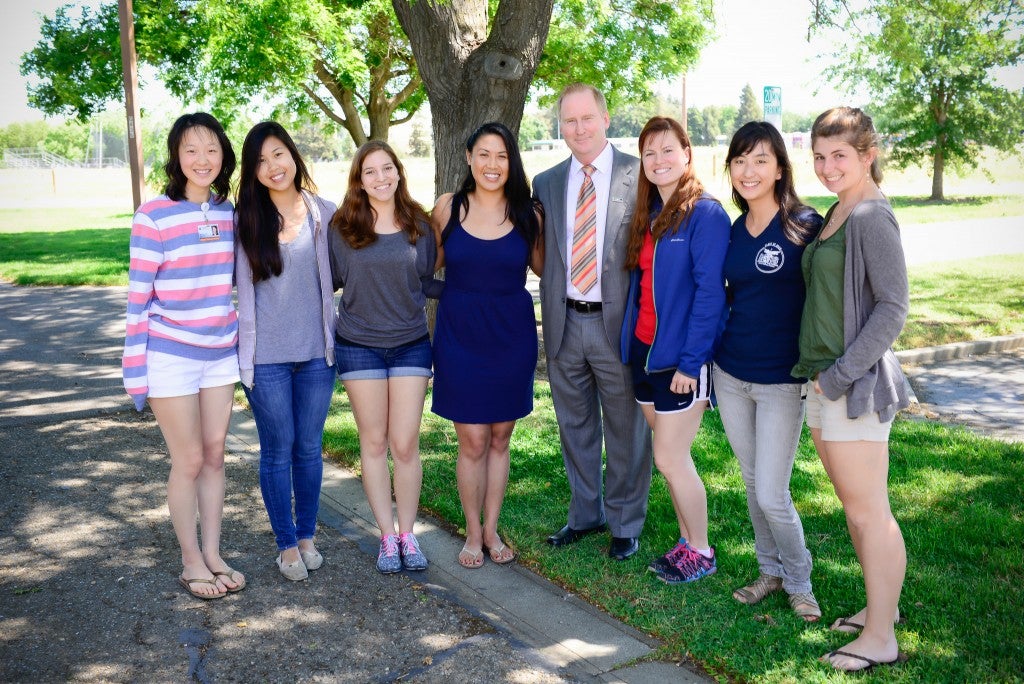“Investing in science education and curiosity-driven research is investing in the future.” – Ahmed Zewail
Last week we held our 11th annual “Stars in Science Day,” highlighting students who have performed research over the past year. The STAR (Students Training in Advanced Research) program is coordinated through our Office of Research and Graduate Studies.  The program offers funding opportunities on a competitive basis to veterinary students to experience veterinary and biomedical research during the summer months. Research experiences are available at UC Davis and in San Diego through the UC Veterinary Medical Center partnership. For some of the students who attended the National Veterinary Scholars Symposium at The Ohio State University early in August and the California Veterinary Medical Association Pacific Veterinary Conference in June, this was the third time they presented projects. The objective of the STAR program is to identify, nurture, and support veterinary students to experience biomedical, basic, applied and translational research in all its many facets. With guidance from their faculty mentors, students gaining these experiences are becoming leaders that will advance both veterinary medicine and biomedical science to address fundamental issues facing our society.
The program offers funding opportunities on a competitive basis to veterinary students to experience veterinary and biomedical research during the summer months. Research experiences are available at UC Davis and in San Diego through the UC Veterinary Medical Center partnership. For some of the students who attended the National Veterinary Scholars Symposium at The Ohio State University early in August and the California Veterinary Medical Association Pacific Veterinary Conference in June, this was the third time they presented projects. The objective of the STAR program is to identify, nurture, and support veterinary students to experience biomedical, basic, applied and translational research in all its many facets. With guidance from their faculty mentors, students gaining these experiences are becoming leaders that will advance both veterinary medicine and biomedical science to address fundamental issues facing our society.
 Veterinarians trained in research are unique in their comparative understanding of animals and biology, and form a critical bridge between multiple disciplines through their One Health approach to scientific investigations. As the current Zika virus outbreak demonstrates, animal and human diseases do not respect boundaries and can move with vectors, animals, or people across the world in a matter of hours. A comprehensive approach to health must involve highly trained veterinarians who are comfortable interacting with physicians, public health officials, and the many other disciplines important to form an effective approach to prevent or control diseases.
Veterinarians trained in research are unique in their comparative understanding of animals and biology, and form a critical bridge between multiple disciplines through their One Health approach to scientific investigations. As the current Zika virus outbreak demonstrates, animal and human diseases do not respect boundaries and can move with vectors, animals, or people across the world in a matter of hours. A comprehensive approach to health must involve highly trained veterinarians who are comfortable interacting with physicians, public health officials, and the many other disciplines important to form an effective approach to prevent or control diseases.

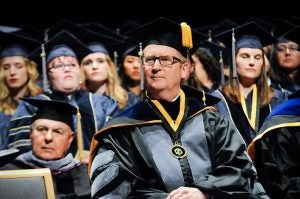
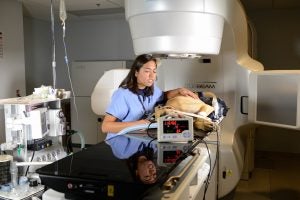
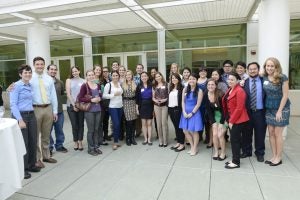
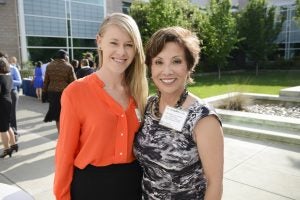
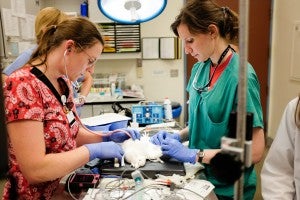
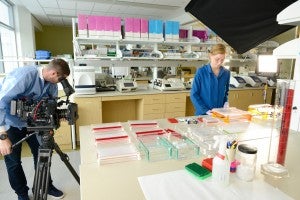
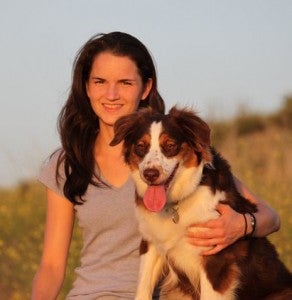

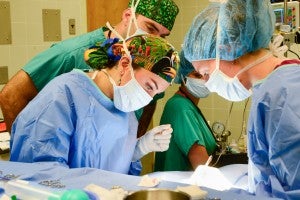
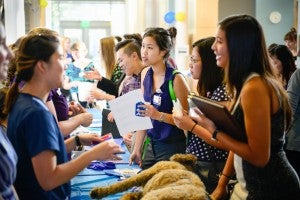
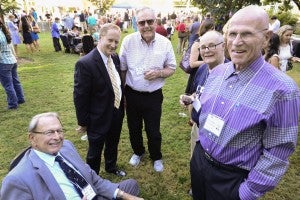
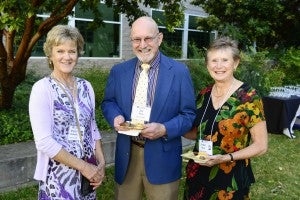 A new website has been created to highlight the history of the school
A new website has been created to highlight the history of the school